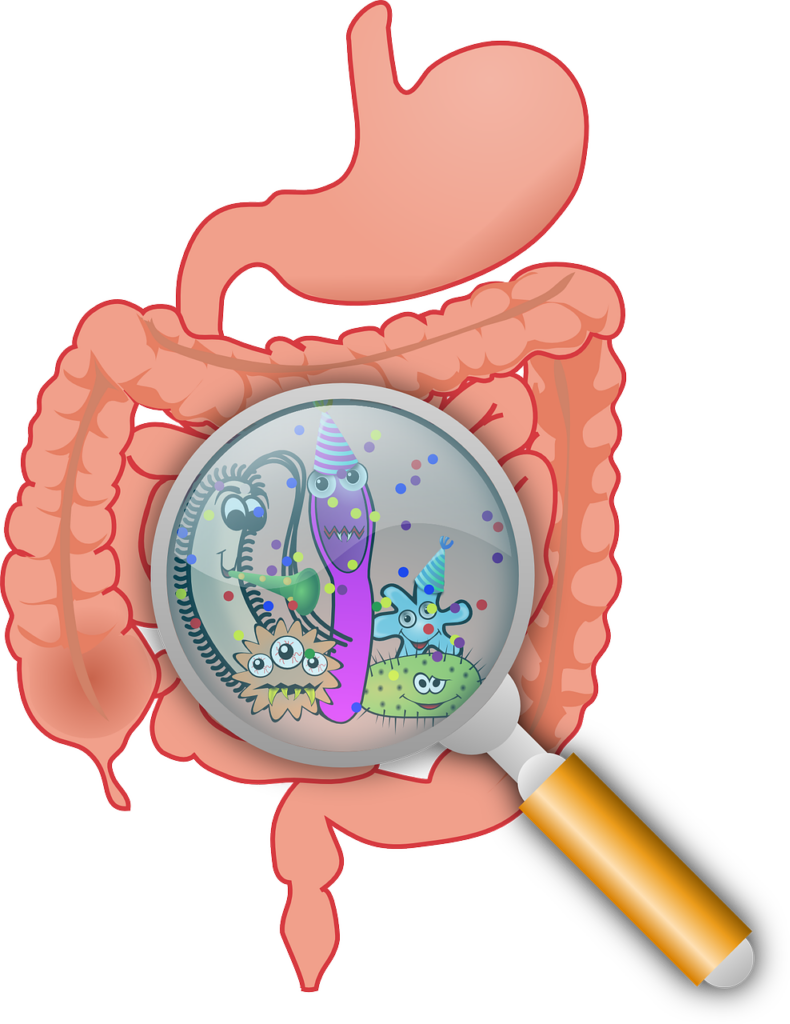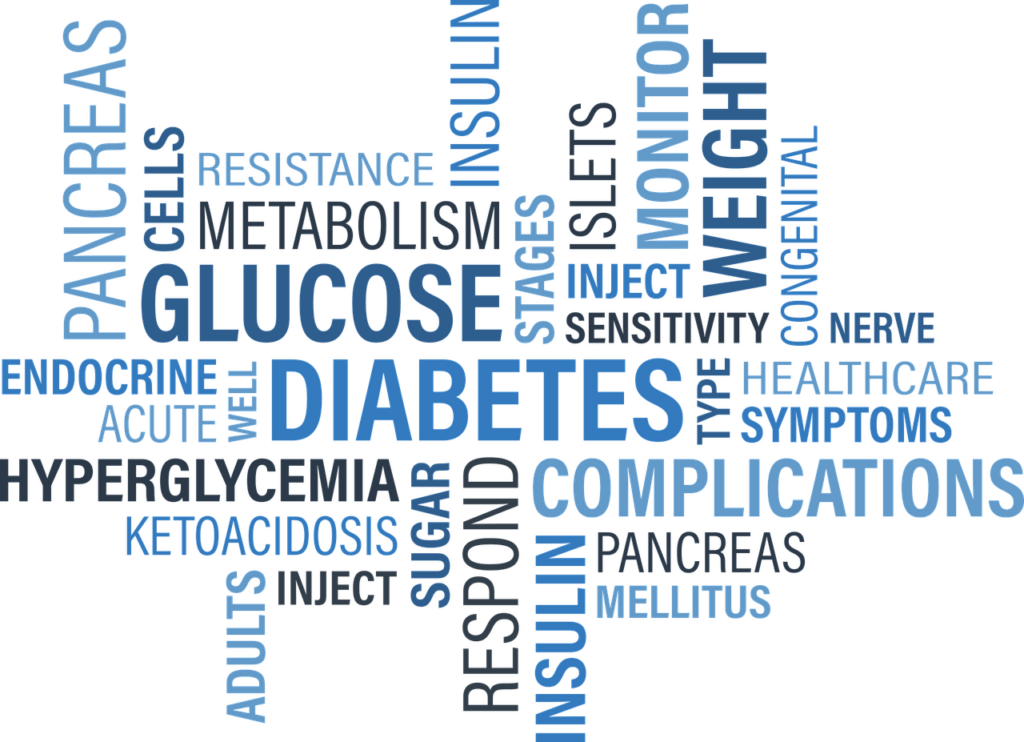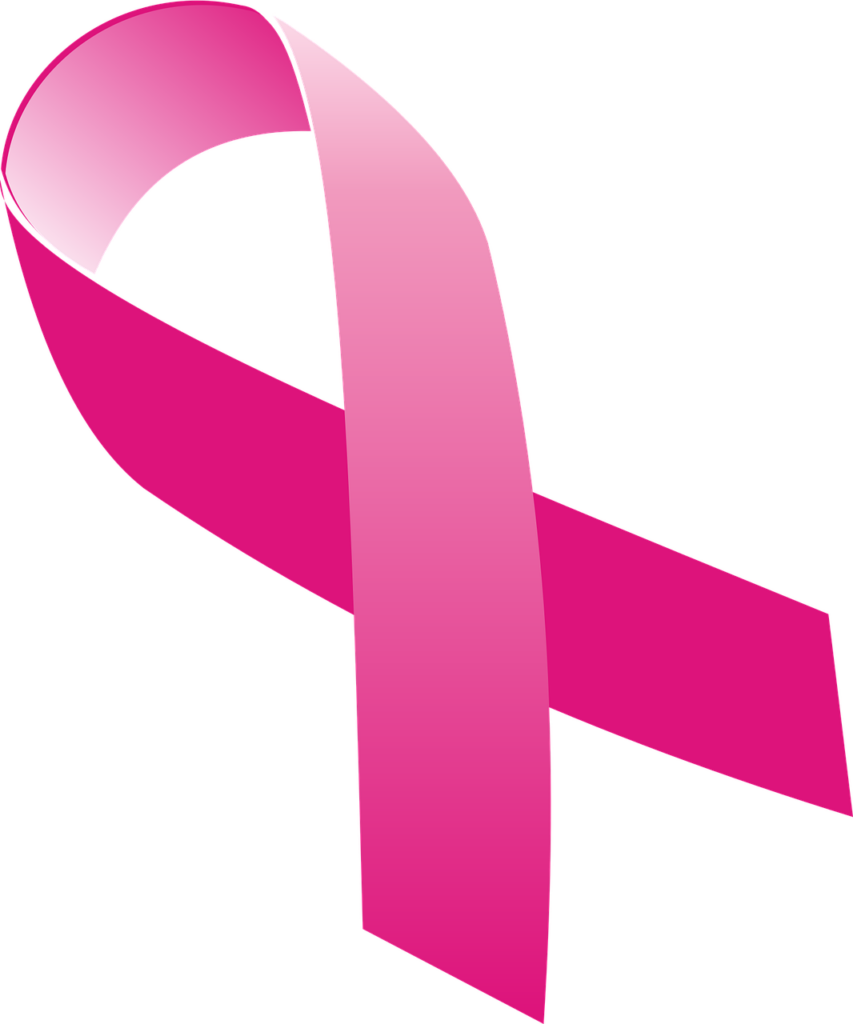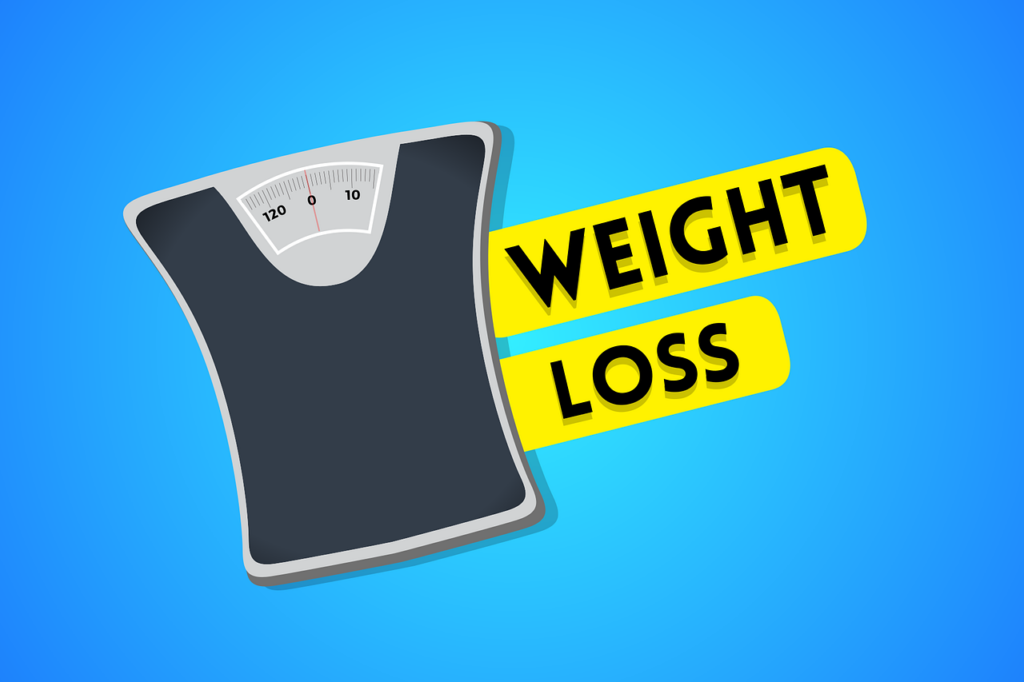Your Peanut Butter Answers
Some of you wrote to me asking if peanut butter was good for you as you age. Consequently, it is a great favourite of many of us, we love it and that includes me. But not all peanut butter is the same so read below to see what you need to know about it. So then, the good the bad and the ugly of peanut butter.
What is Peanut Butter?
So then, Peanut butter is a protein-packed spread popular around the world. It’s made of ground peanuts — often roasted first — blended into a thick paste.
The final product contains a range of nutrients that may offer health-boosting benefits. However, it’s important to check the label when buying peanut butter. Many brands today add ingredients like sugar, vegetable oil, and trans fats that can reduce their nutritional value.
Natural peanut butter is available at health food stores and speciality grocers and can be easily found online. Look for a product that contains no additives other than a little salt.
You can also make it at home by blending peanuts in a food processor until you reach your desired texture.(see recipe link below)
Nutrition Information
A quarter-cup of peanuts (the approximate amount in a 2-tablespoon serving) contains:
- Calories: 207
- Protein: 9 grams
- Fat: 18 grams
- Carbohydrates: 6 grams
- Fibre: 3 grams
- Sugar: 1 gram
Healthy Peanut butter is a good source of:
- Vitamin E
- Niacin (B3)
- Manganese
- Vitamin B6
- Magnesium
It is also a good source of copper, a mineral that helps maintain our bone health, immune function, and blood vessels. Some research suggests that getting enough copper in your diet may reduce your risk for osteoporosis and heart disease.
Potential Health Benefits of Peanut Butter?
So is a concentrated source of nutrition that may offer potential health benefits. One study showed that eating peanuts every day can decrease the overall risk of death by up to 21% – and reduces the occurrence of heart disease by 38%.
However, peanuts are high in calories and, while they contain “good fats,” too much can be a bad thing. Moderate your intake to avoid unwanted weight gain or health problems caused by excessive fat intake. However, as long as you exercise portion control, research suggests peanut butter offers the following health benefits:
Improved Heart Health
One of the main fats in peanut butter is oleic acid. When substituted for other fats in your diet, oleic acid is shown to help maintain good cholesterol, blood sugar, and blood pressure. Managing these levels in your body can lower the risk of heart disease.
It also contains omega-6. This fatty acid lowers bad (LDL) cholesterol and increases protective (HDL) cholesterol. In addition, peanuts are a natural source of arginine, an amino acid that may prevent heart and vascular disease by promoting good blood vessel function.
Reduced Risk of Diabetes
Oleic acid has also been shown to reduce the body’s insulin resistance, a condition that raises your blood sugar and leads to diabetes. Research shows that peanut butter’s omega-6 content may have this same effect as well.
Anticancer Properties
Peanuts are a great source of antioxidants like manganese, vitamin E, and B vitamins. These compounds act to prevent and repair cell damage in your body, and this effect can reduce your risk of chronic diseases like cancer.
One of the most powerful antioxidants is coumaric acid — and research found that its activity is boosted by 22% if you roast peanuts before whipping them into a smooth butter.
It also contains resveratrol, an antioxidant that’s been shown to have anti-cancer effects and may lower the risk of obesity, heart disease, and cognitive decline.
Aid in Weight Management
The healthy fats in peanut butter are called monounsaturated and polyunsaturated fatty acids. These fats are associated with a lower risk of weight gain and obesity when consumed as part of a healthy diet.
Foods high in healthy fats, proteins, and fibre — like some peanut butter, — also take longer for our bodies to digest, which can keep us feeling fuller for longer and reduce the risk of overeating.
While weight loss and management depend on a healthy diet and lifestyle, the research suggests that peanuts can assist with these goals.
Potential Risks of Some Peanut Butters
Healthy Peanut butter is rich in a variety of nutrients — but it’s also rich in calories and fat. While the healthy fats in some kinds of butter are nutritious, you should consume them in moderation to avoid unwanted weight gain or potential health problems.
Commercial brands often have added sugars, oils, and fats. For the best health benefits, look for all-natural products without these added ingredients.
Peanut butter can be a great addition to your diet if you limit your portions to the recommended amount. Some possible health risks of peanut butter include:
High in Calories
Peanut butter contains a high amount of calories per serving. Make sure to moderate your portions to avoid unwanted weight gain.
WARNING PEANUT ALLERGY
Some people have peanut allergies, which can be fatal in some cases. Avoid all peanut products if you have a peanut allergy.
Link to Homemade Peanut Butter Recipe
If you want to make your own delicious healthy peanut butter, it is simple and easy to make at home. You will need a food processor or blender and it is recommended for best results that peanuts are roasted prior to blending them into a smooth paste, for the recipe and instructions follow this link.
In Conclusion
This answers your questions about peanut butter. Here, it is a good healthy food if it is without any added sugars, oils or fats. I am a fan and like it very much, it is great for a quick snack occasionally, but should be incorporated as part of a balanced diet.
Important Note *
Remember that everyone is different, it is ultimately YOUR RESPONSIBILITY to find what your body responds to. So please do your due diligence before trying anything new, including getting Medical Advice to ensure your safety and peace of mind.
Connect with me and leave a comment or two on my social media.








2 replies on “Is Peanut Butter Good for You?”
Thank you Ian for doing this research. It is much appreciated
Hi Vivienne, Thank you for your kind comment, I answer comments when I get them but I seem to have missed this one, hence the late reply, however I always go back and recheck and now I have answered you, I hope you are well and I wish you all the best Ian